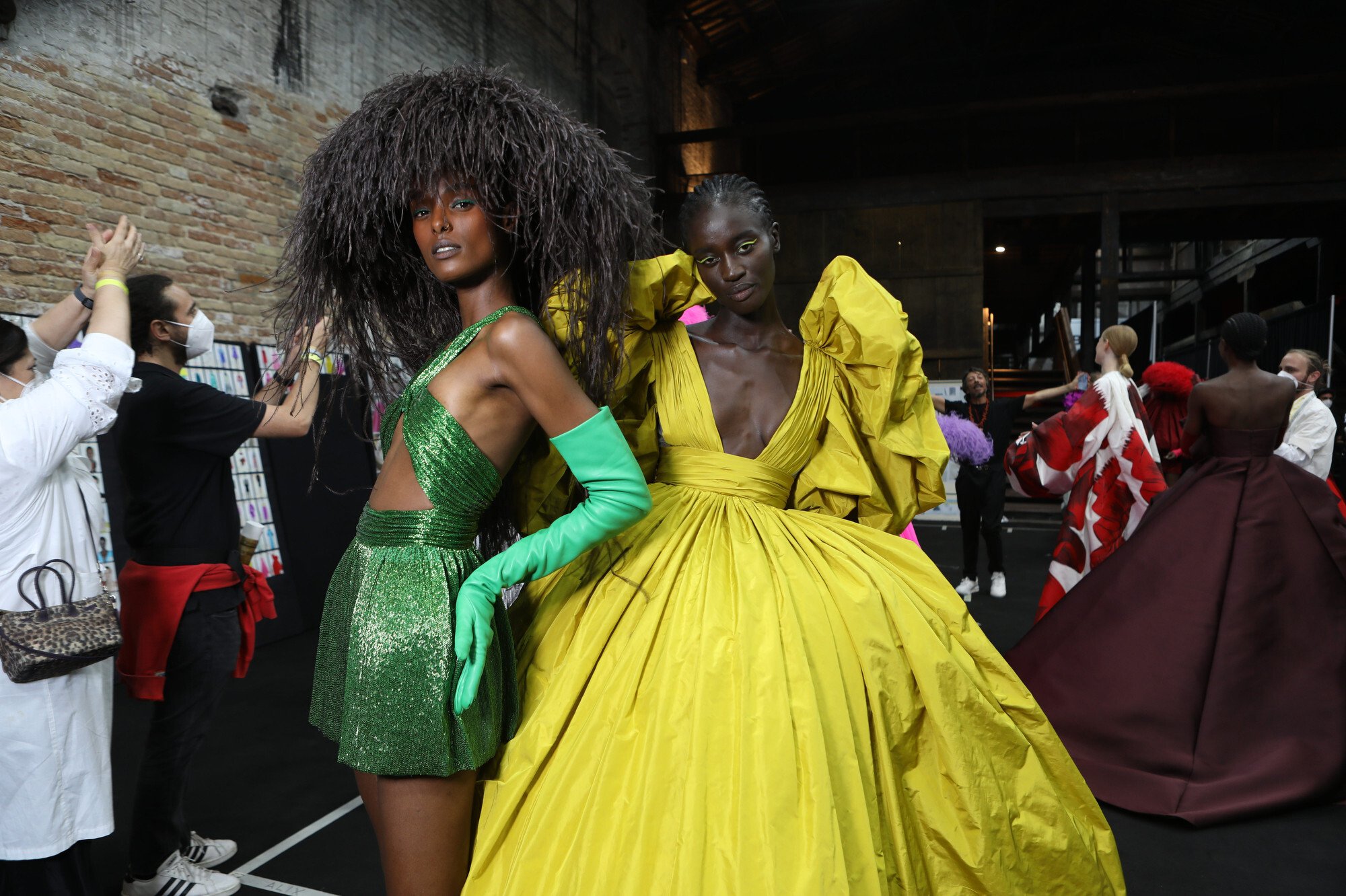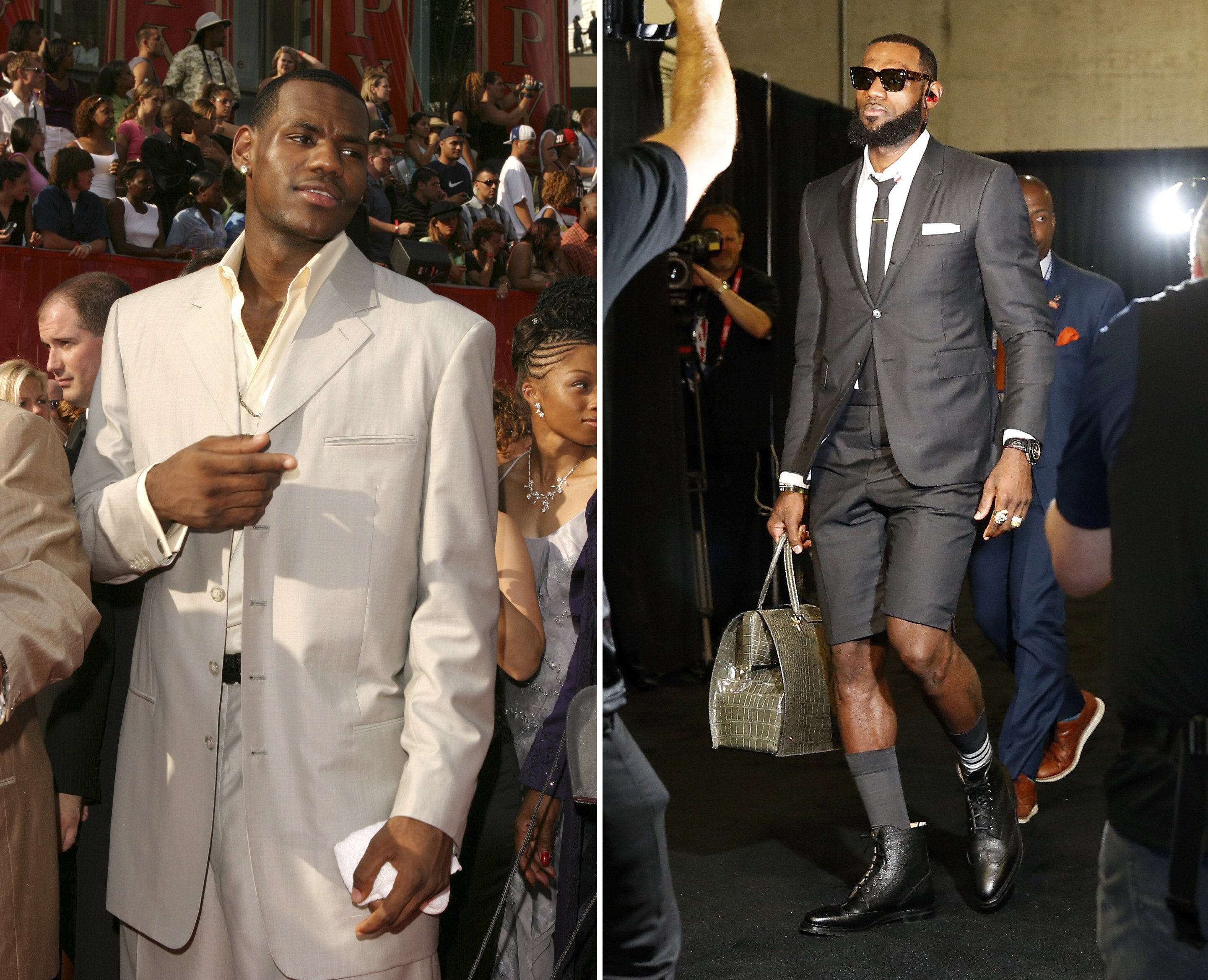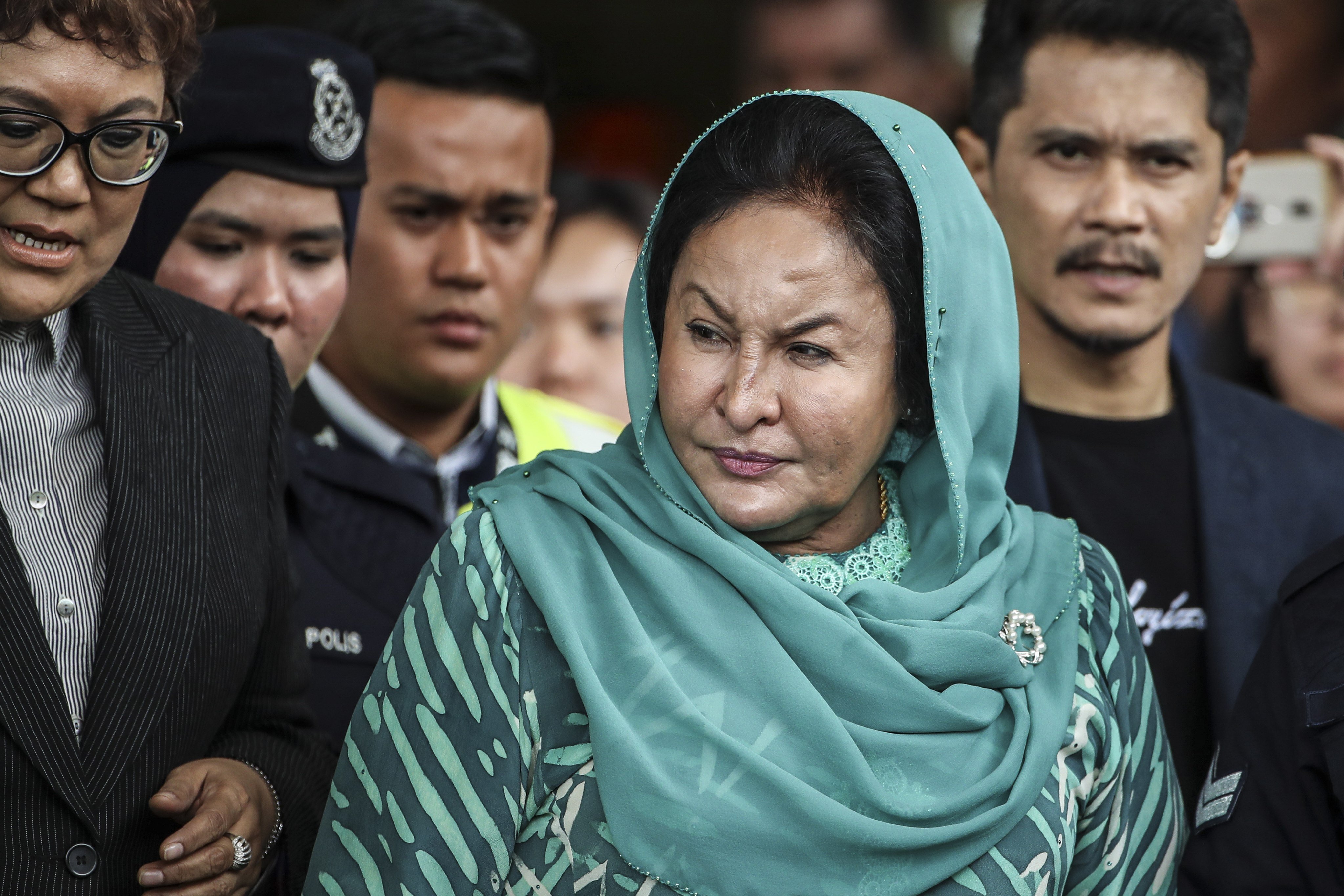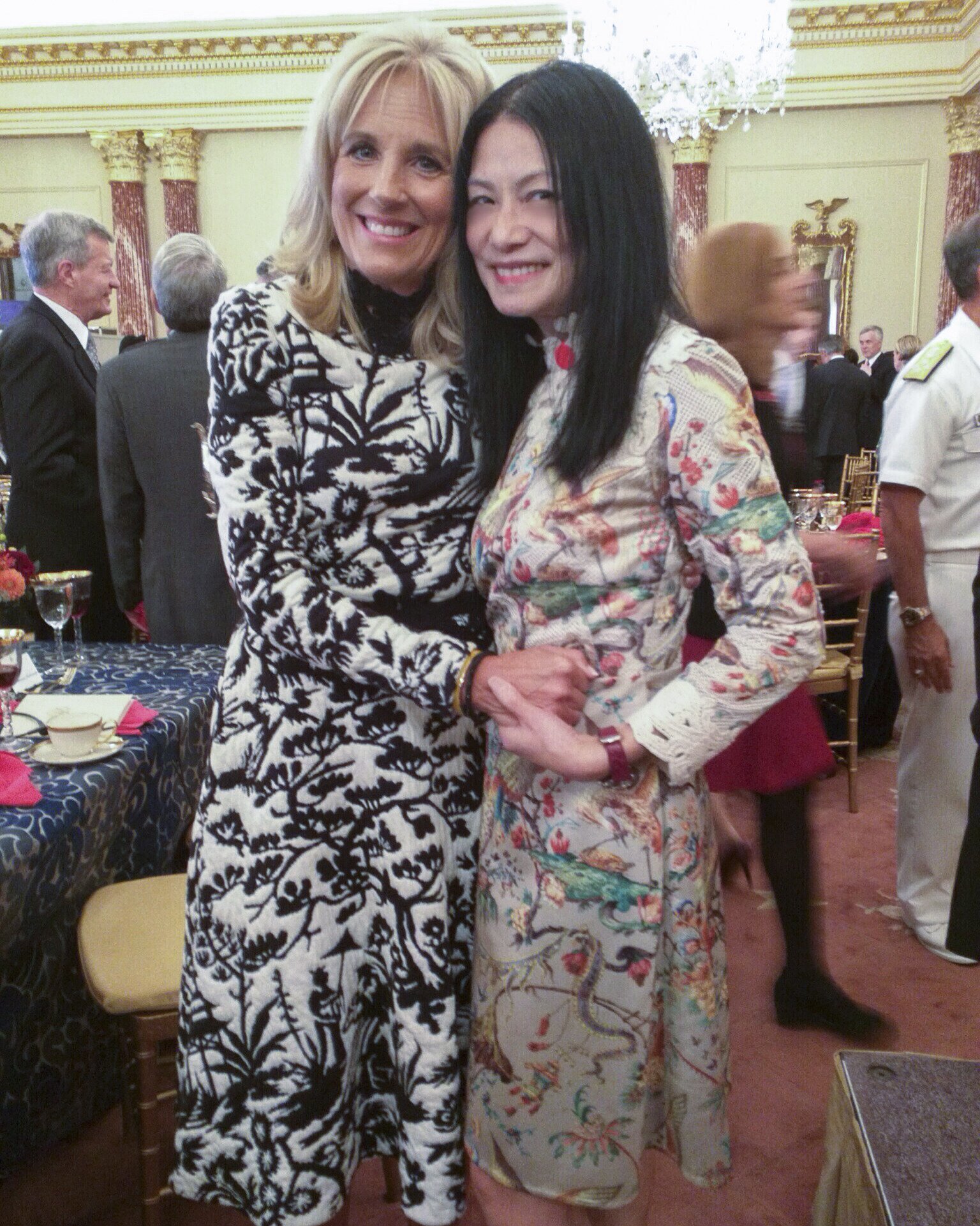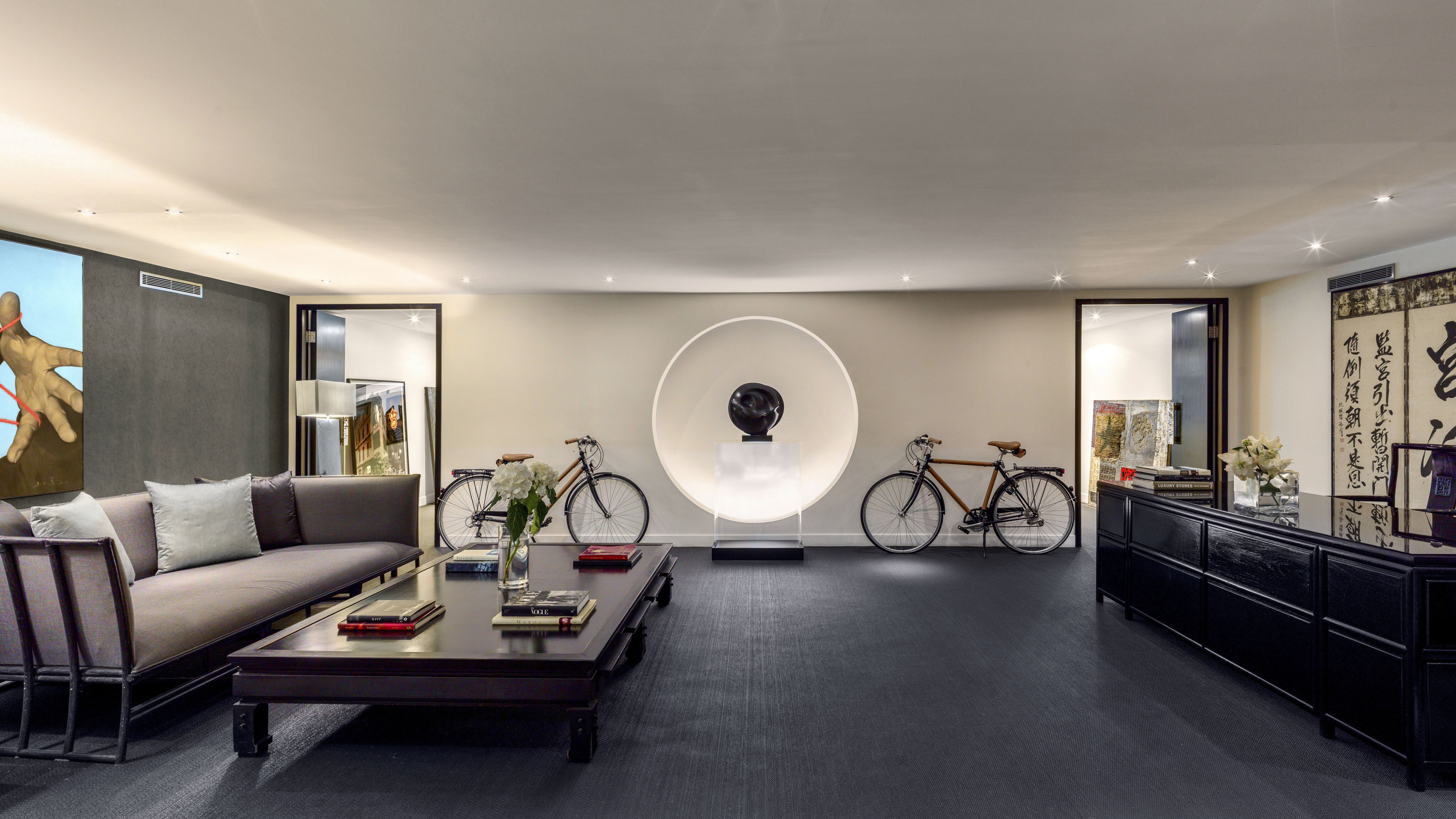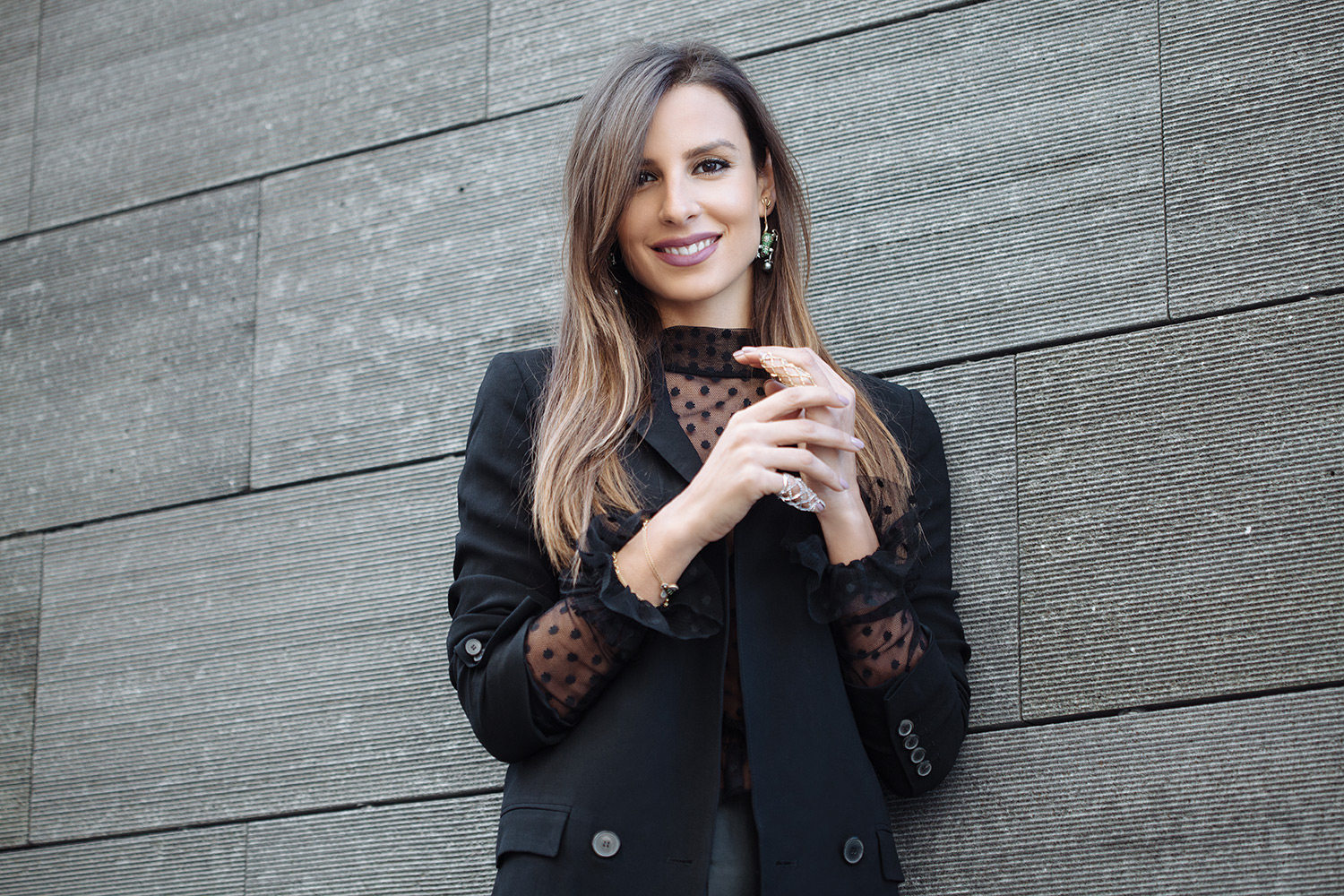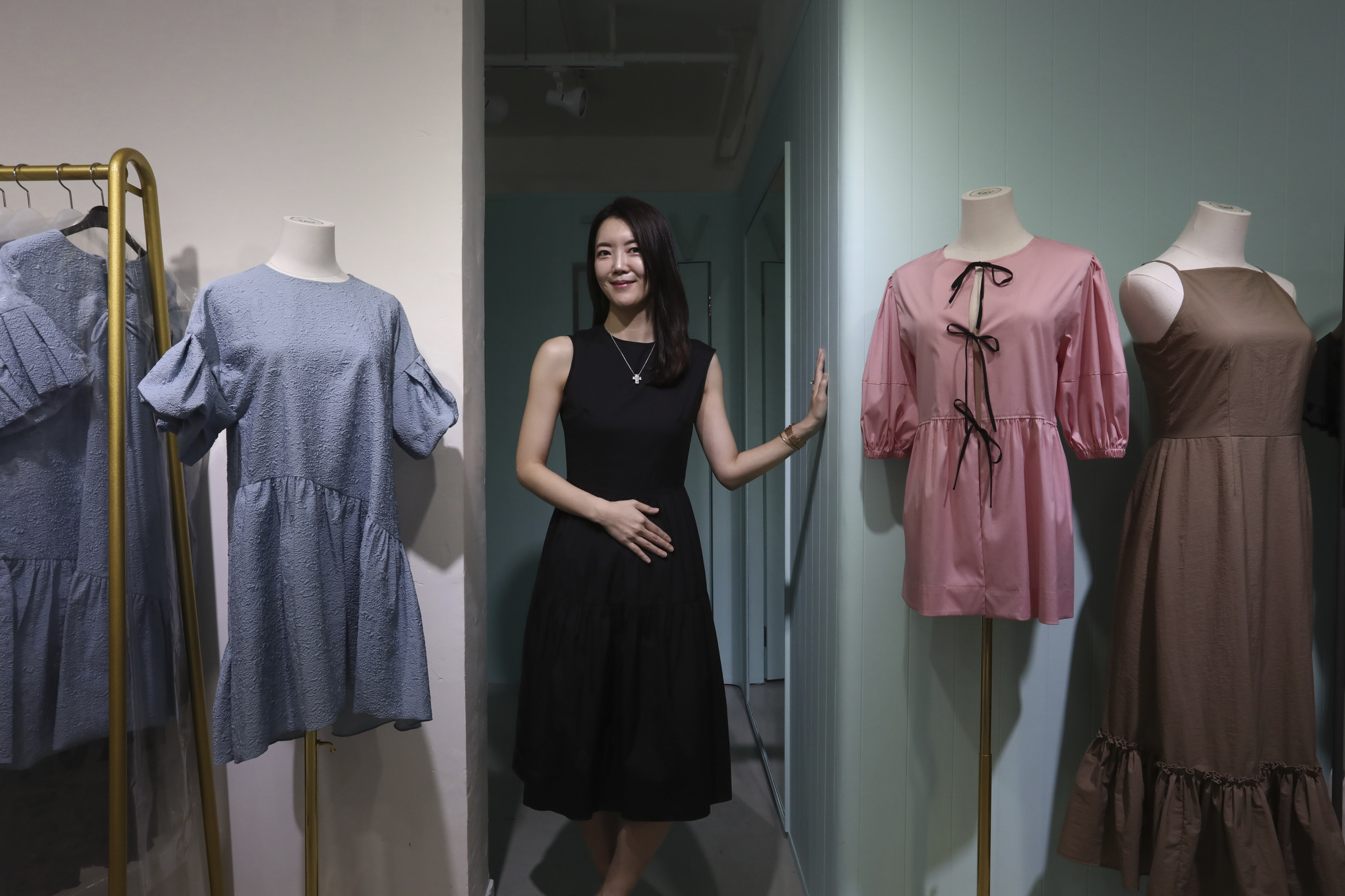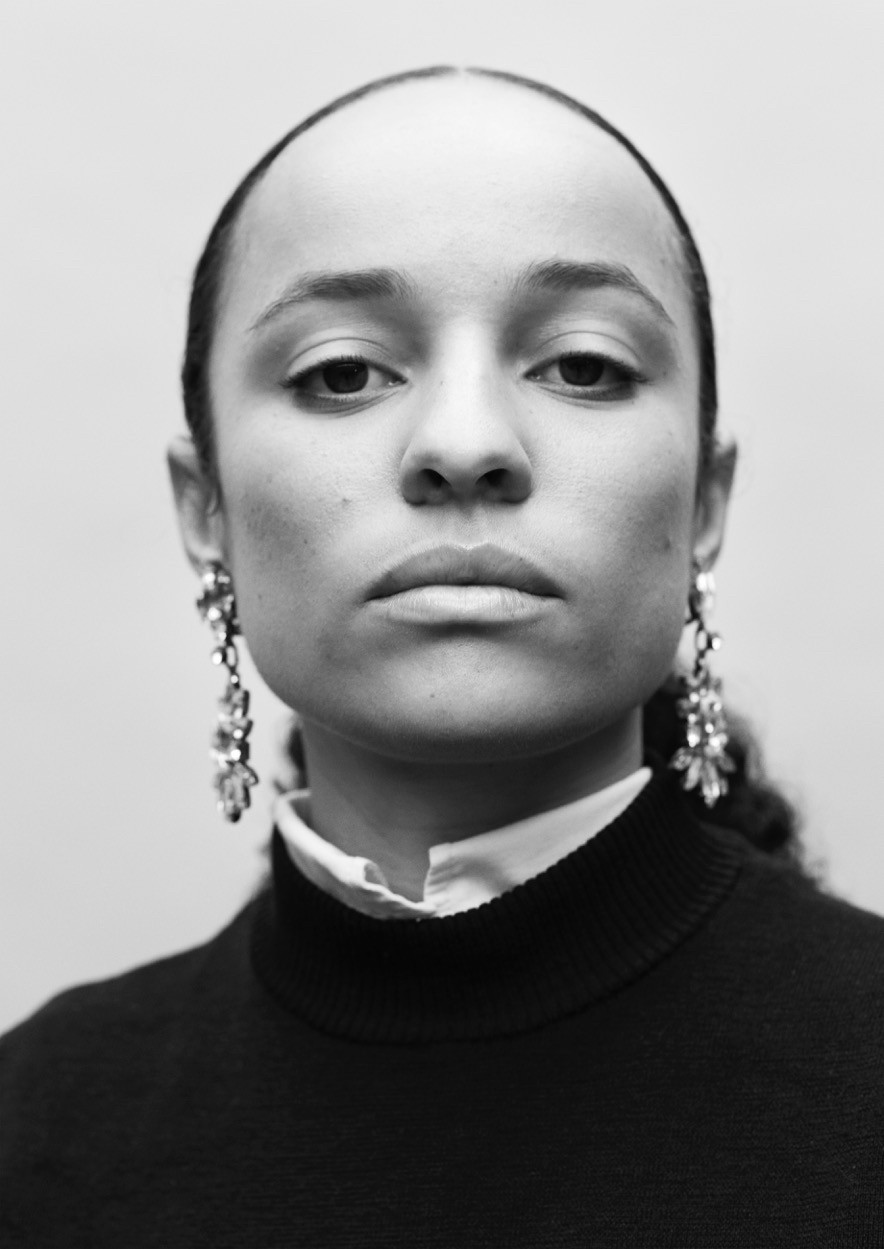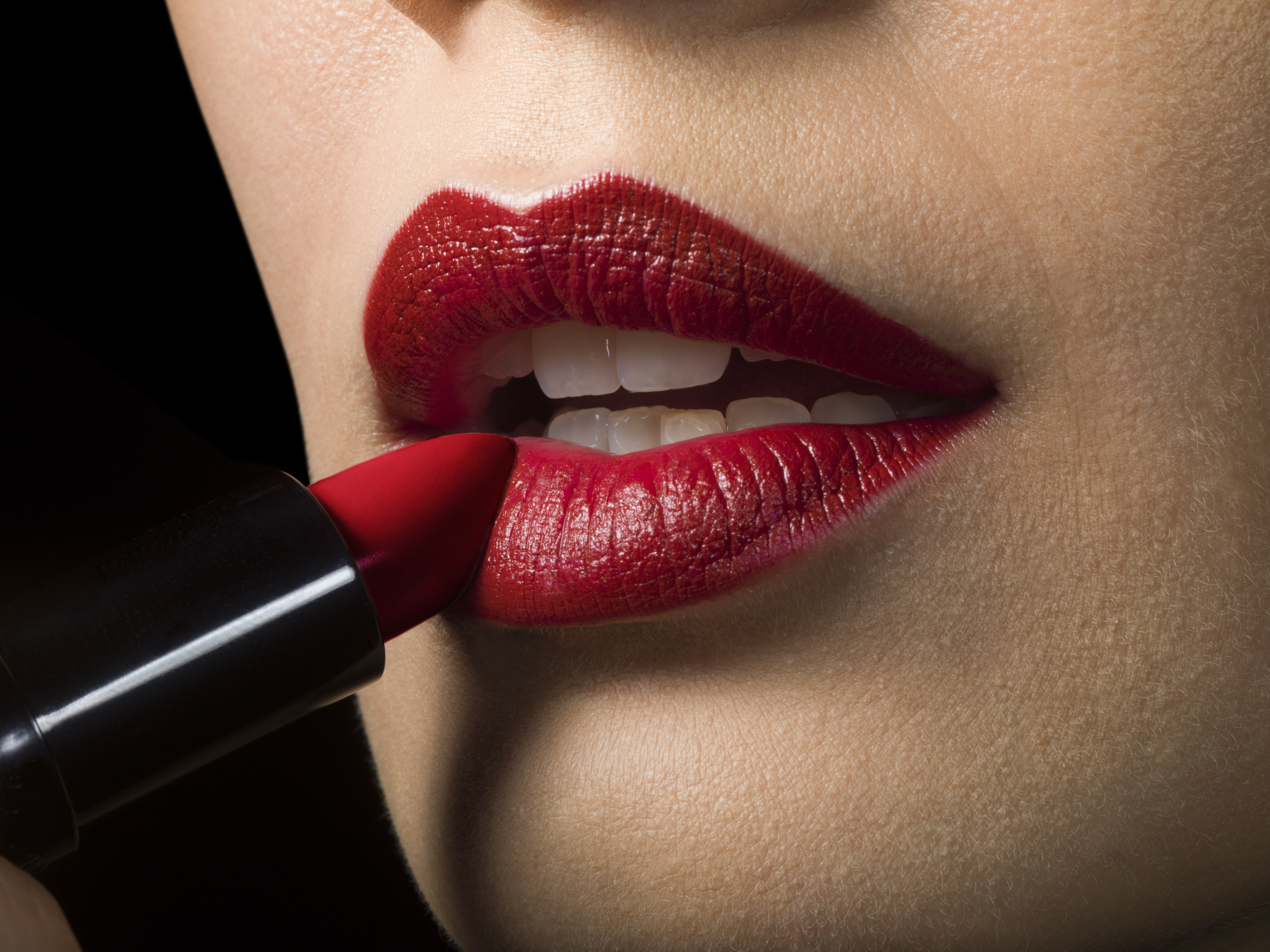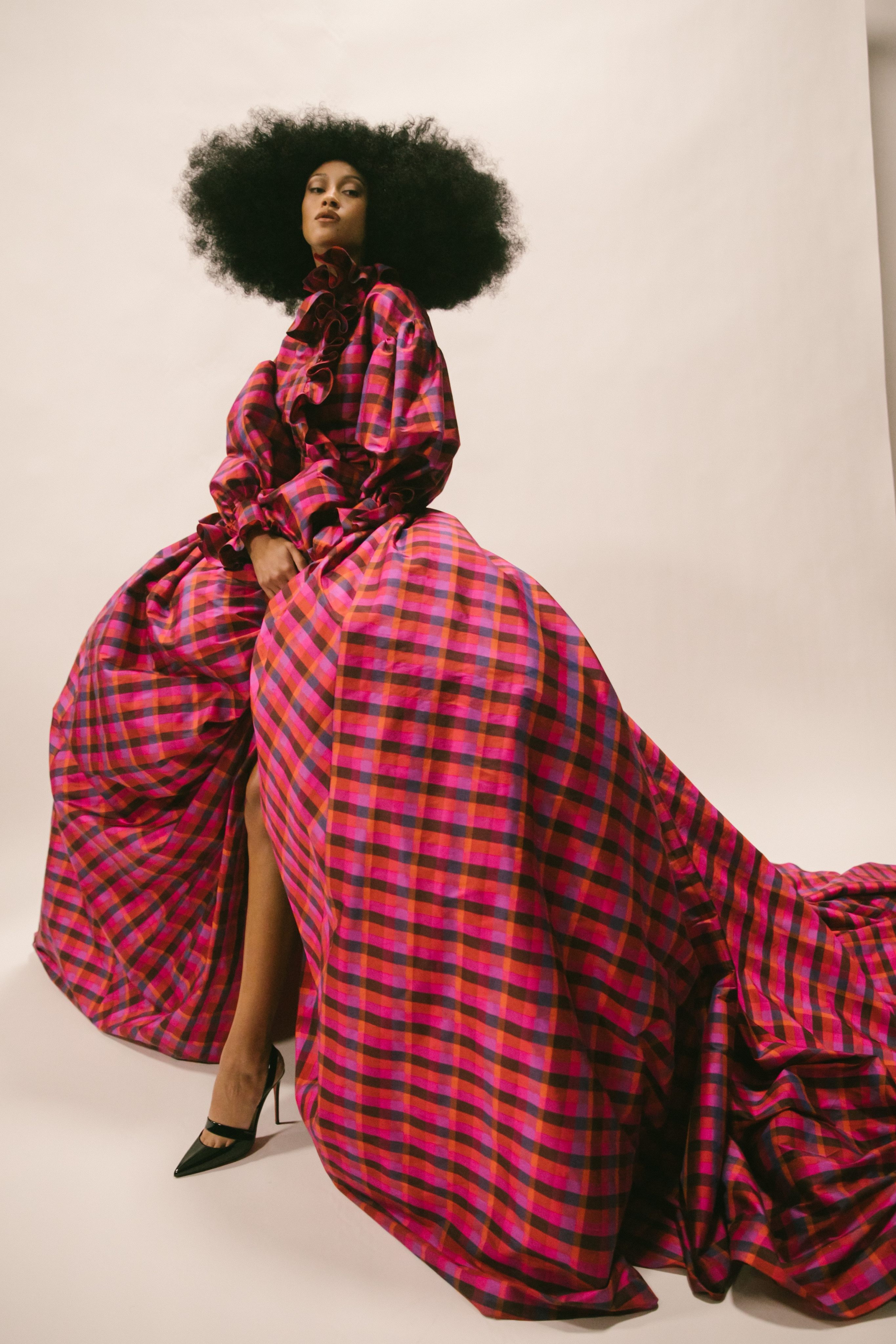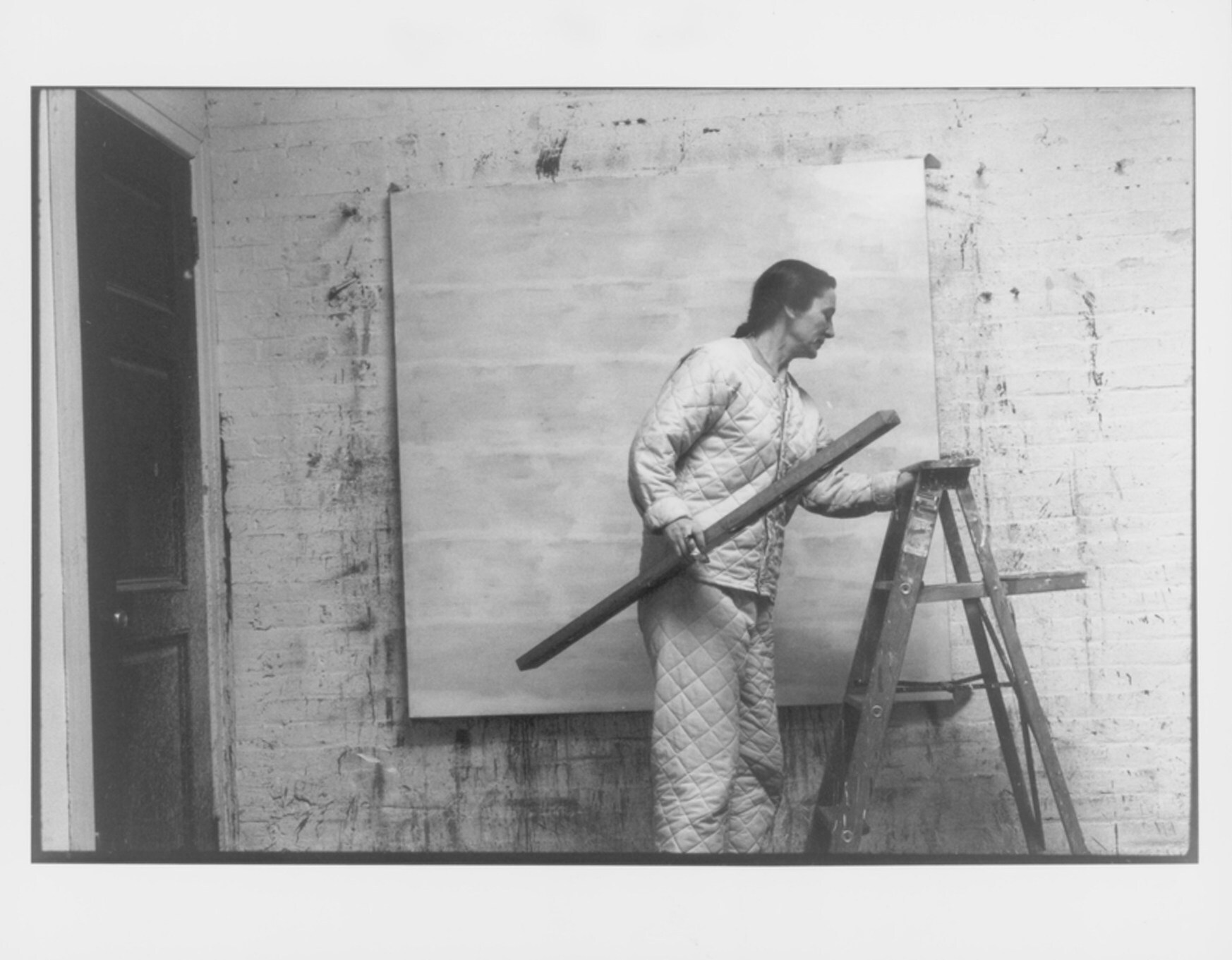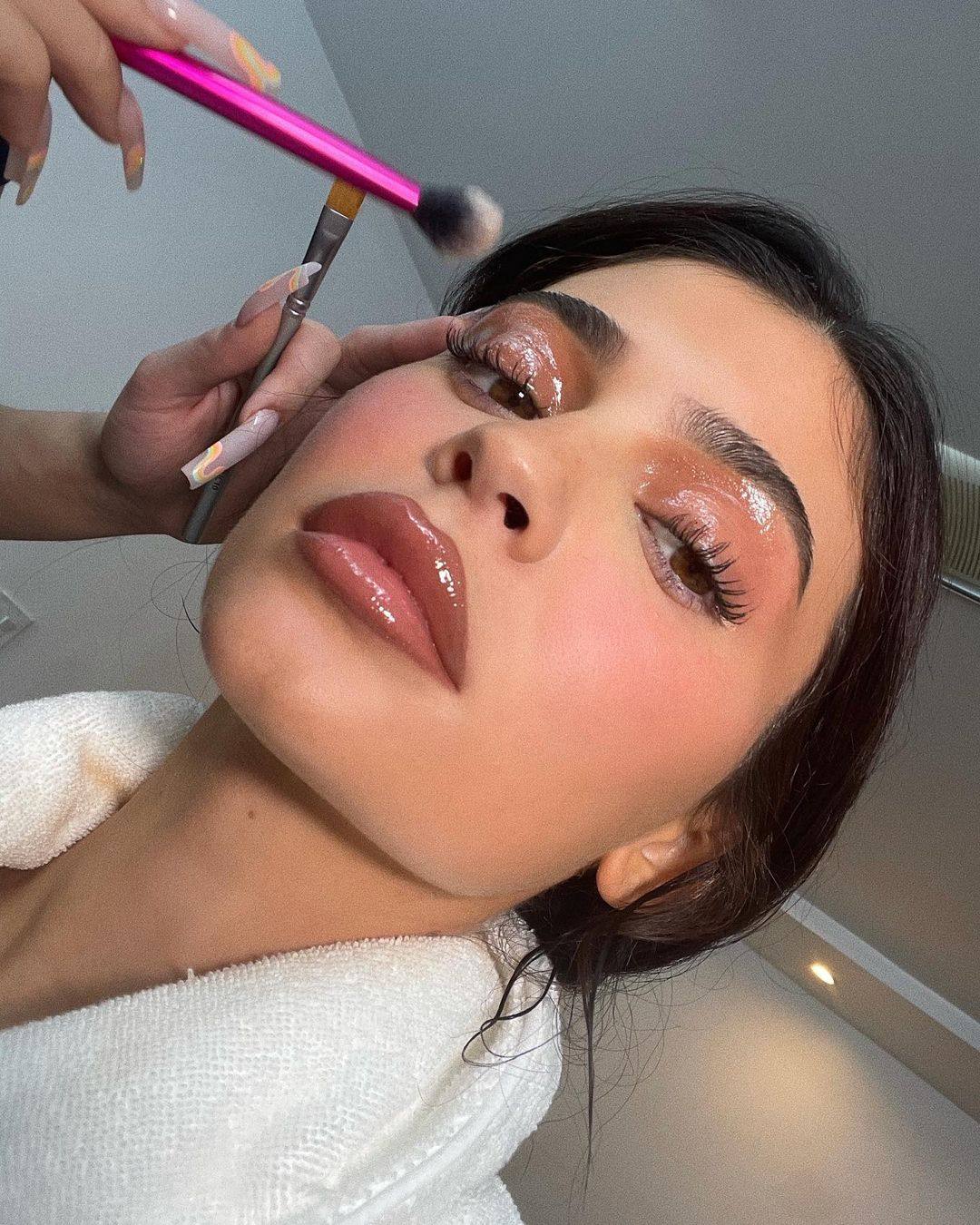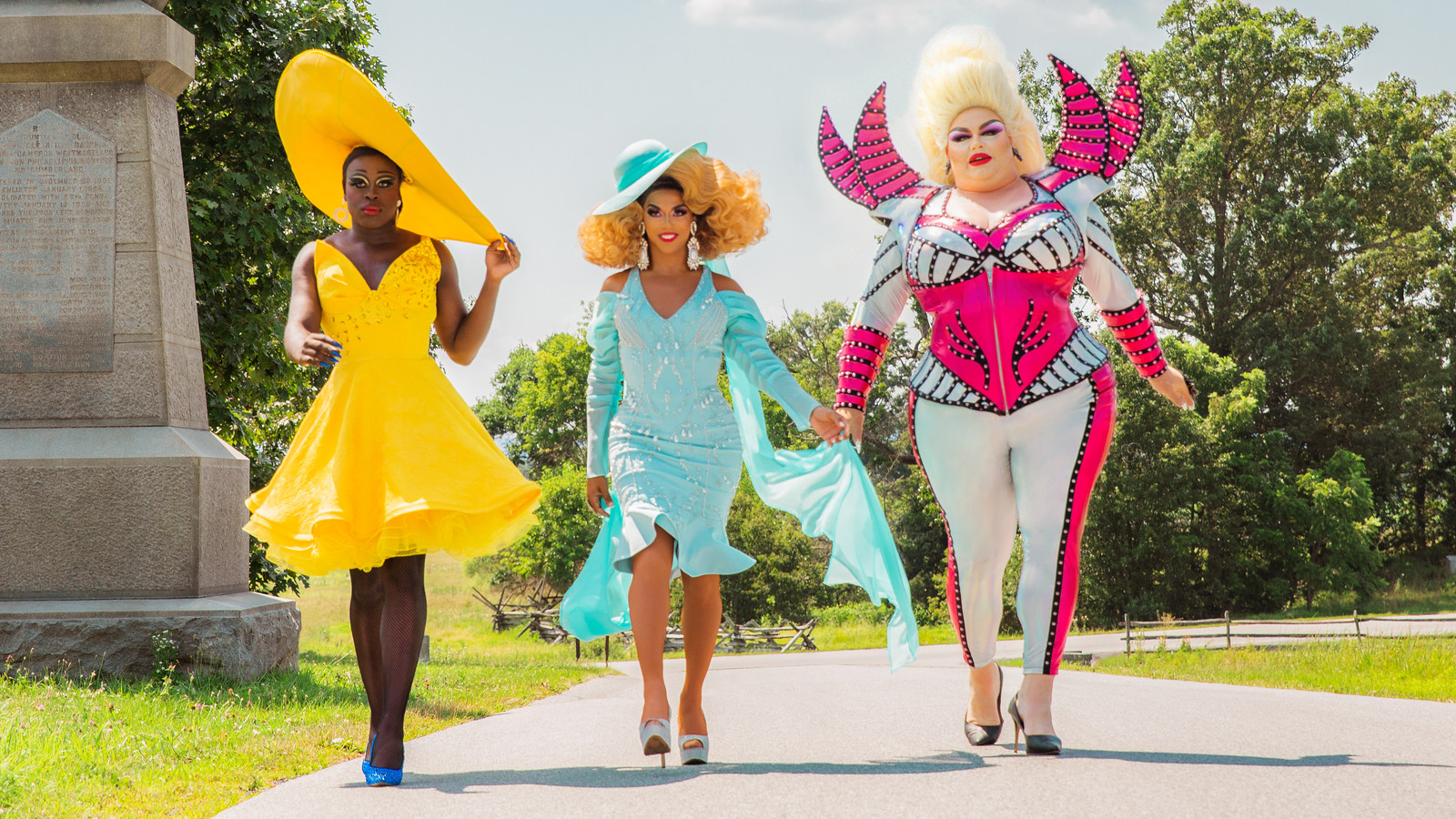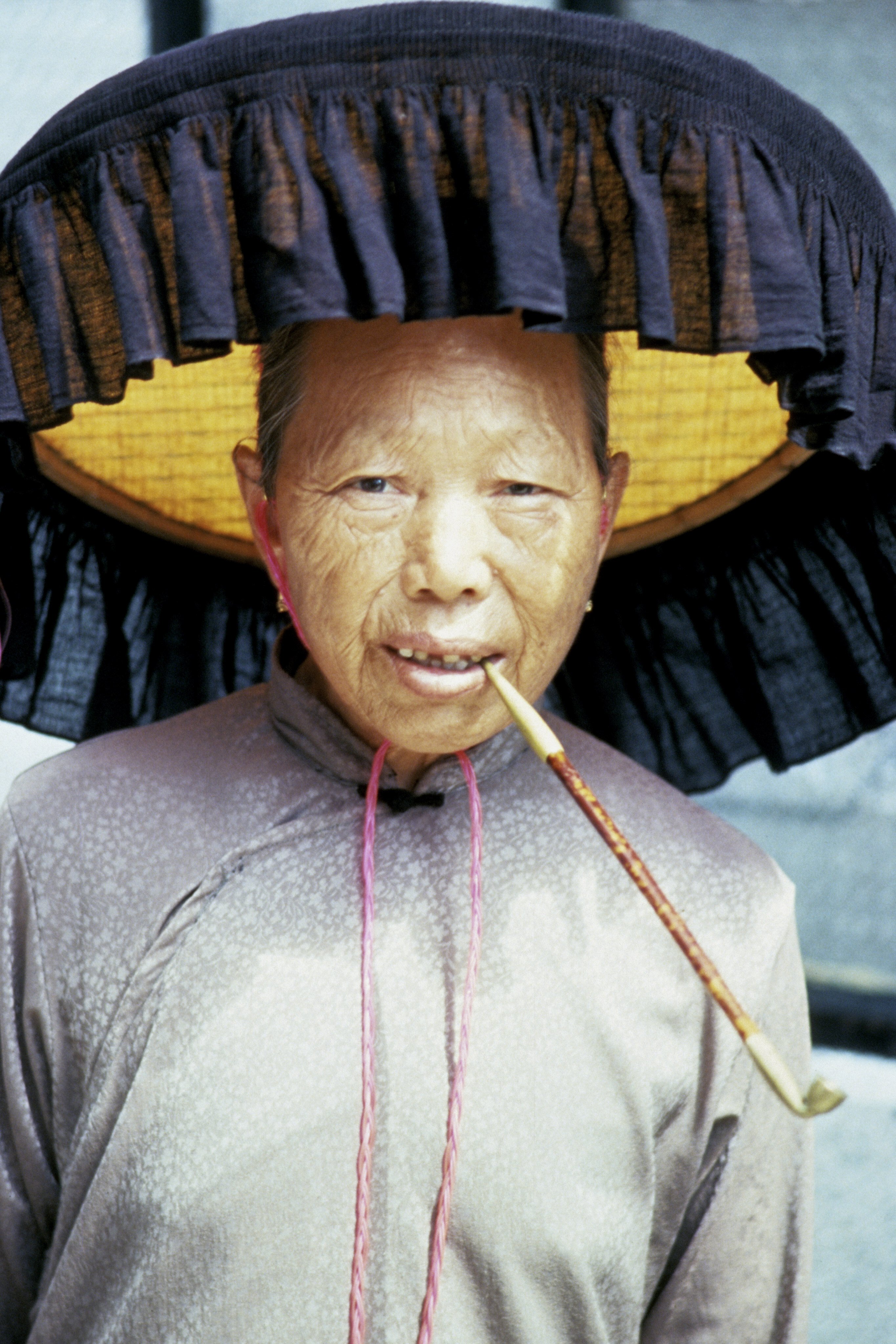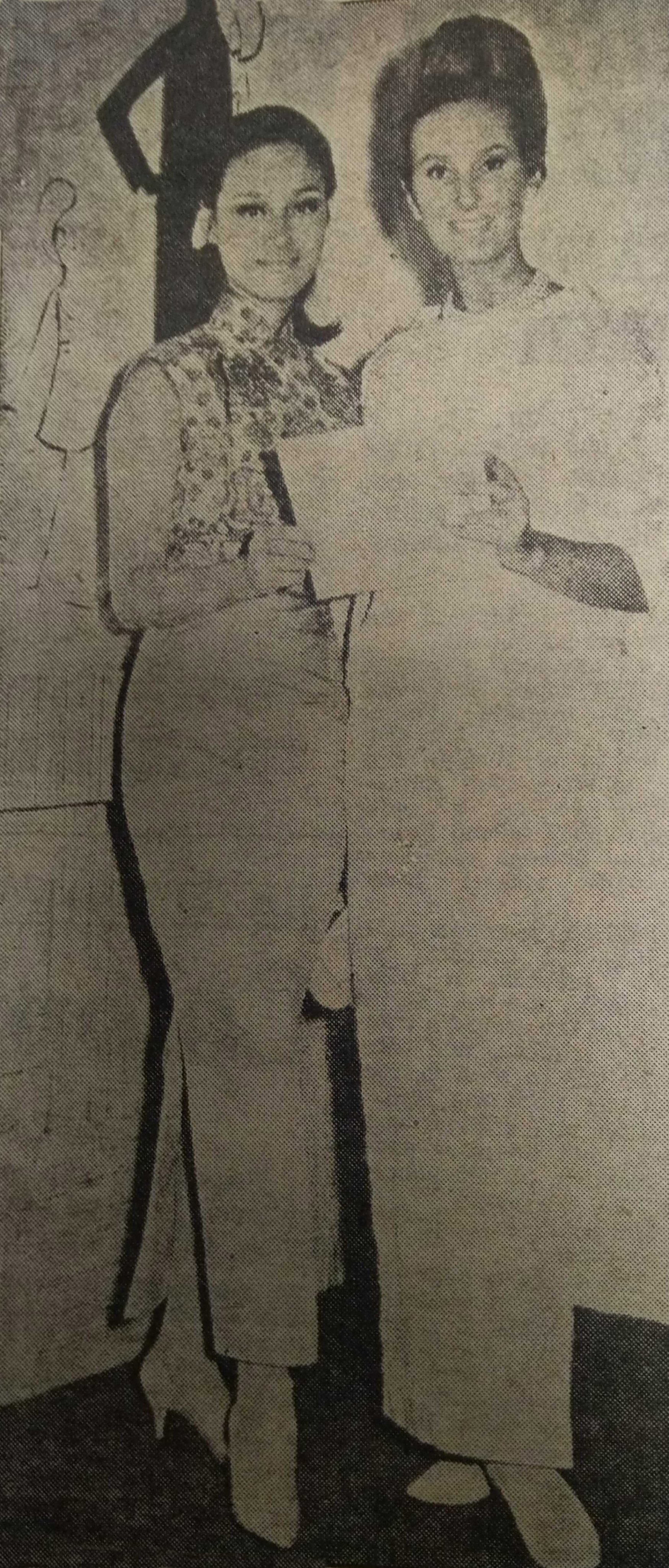Opinion | What has Instagram done to make-up? How it became intimidating and lost individuality as influencers and bad advice took over
- The internet is full of make-up tutorials, so-so celebrity launches, influencers’ advice and ridiculous hacks
- Complex, overdone make-up examples intimidate faithful followers, and homogenise our individuality
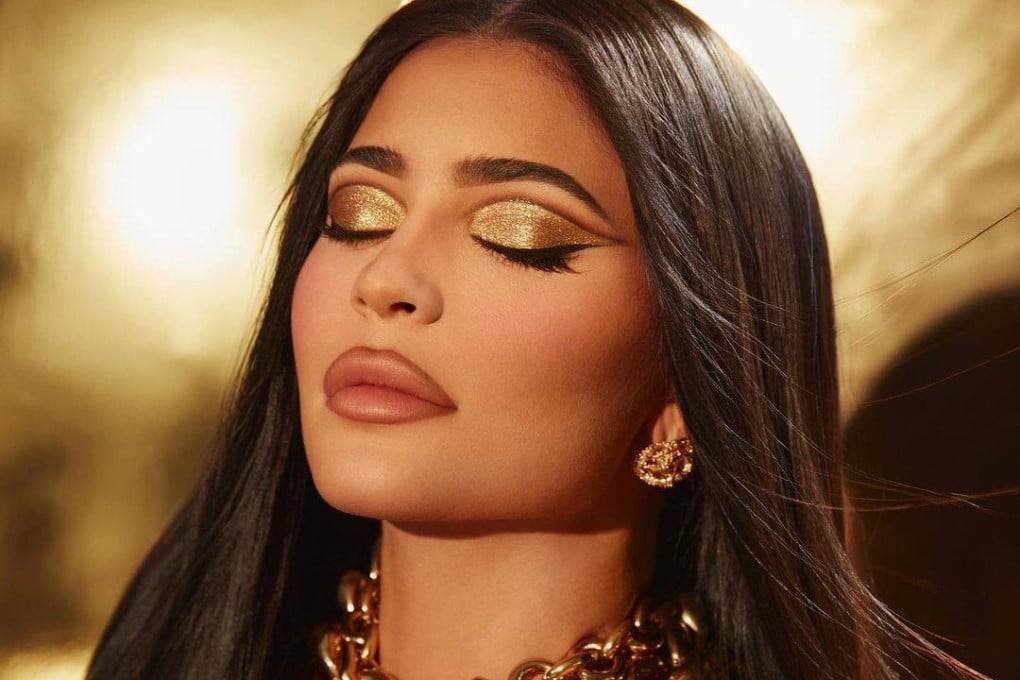
Let’s talk make-up.
Aside from being a lifelong beauty enthusiast, I also trained as a make-up artist, and had Rae Morris, the longest serving make-up director of L’Oreal Paris, as a guest instructor. The training gave me the confidence to do the make-up for my friends’ weddings and photoshoots, but it’s also made me critical when it comes to make-up I see online.
Robert Welsh, a professional make-up artist and YouTuber, says it best: “Individuality and creativity have no rules, but make-up most definitely has a theory.” And it’s this theory that’s being butchered online, along with the understanding of cosmetics.
The proliferation of bad advice on social media has resulted in a misunderstanding of how make-up works, and people have forgotten there’s a science to it. Sure, some of the beauty hacks will work, but many are click bait-y thumbnails. That’s about it.

Seriously, it’s hard to go on Instagram without seeing ridiculous hacks or tutorials. I particularly hate the ones that use way too much product, or unconventional tools as beauty aids. Sometimes it’s not only excessive, it’s unhygienic and harmful.


